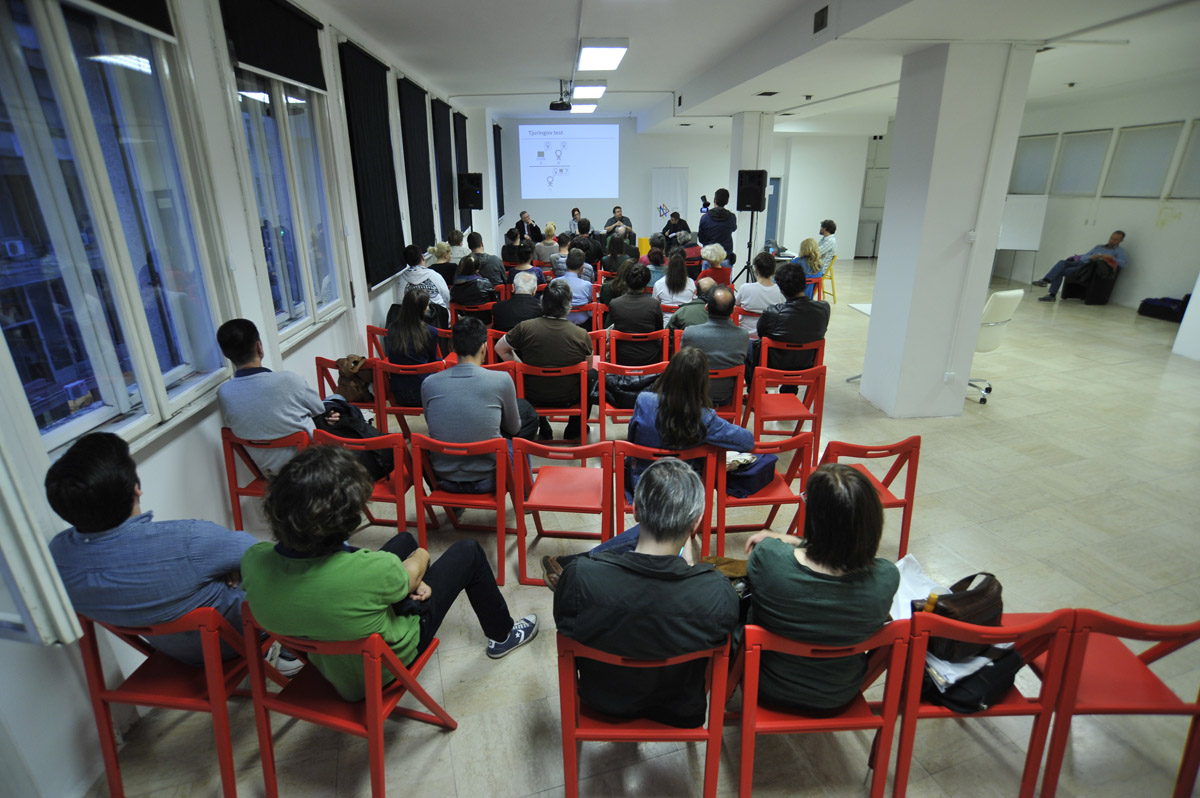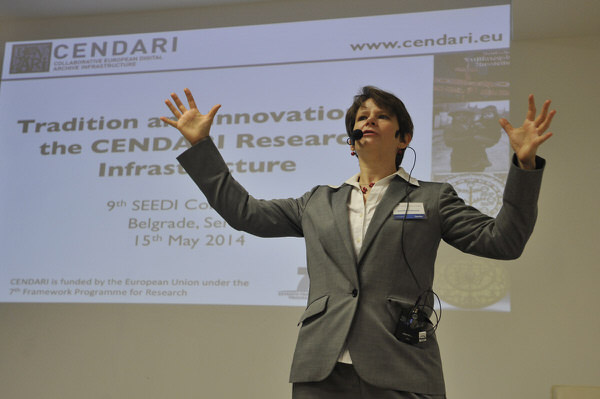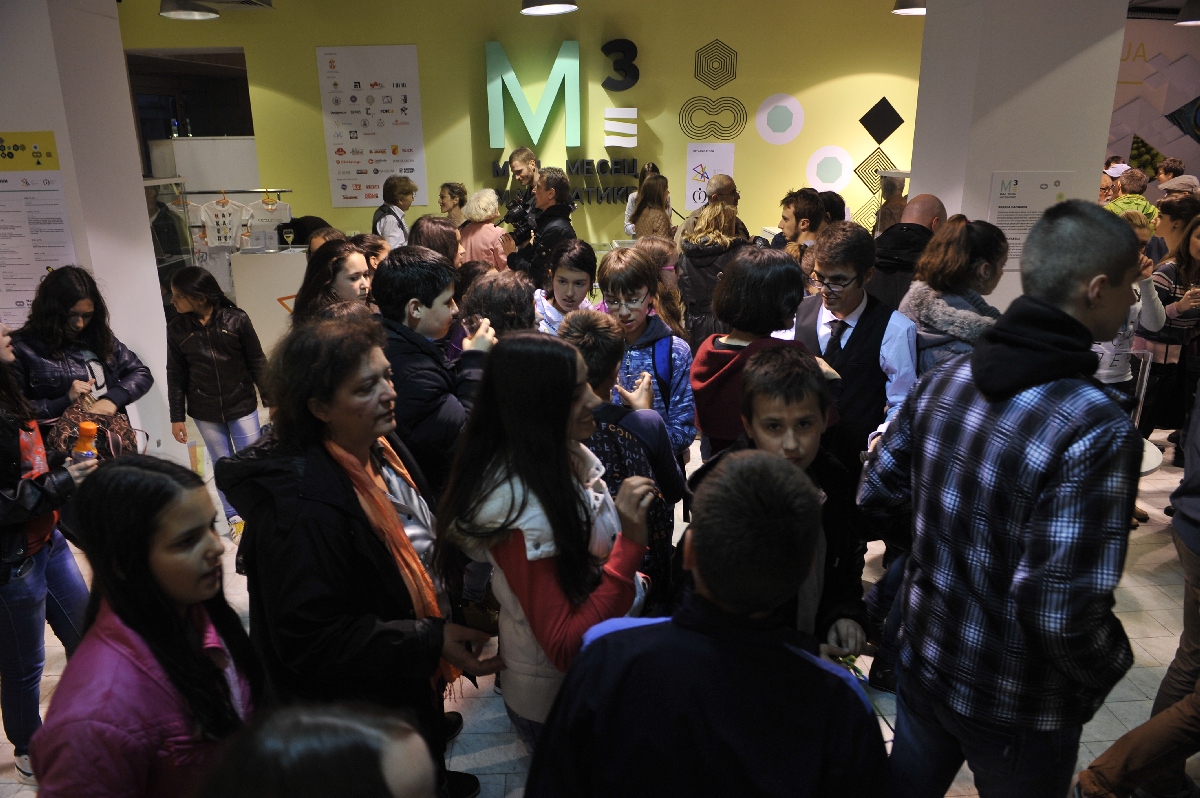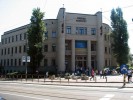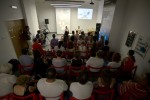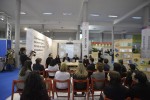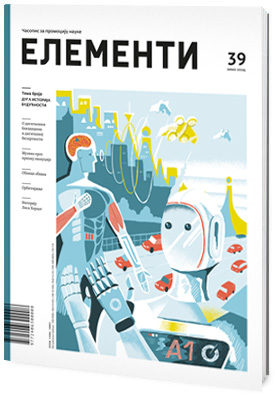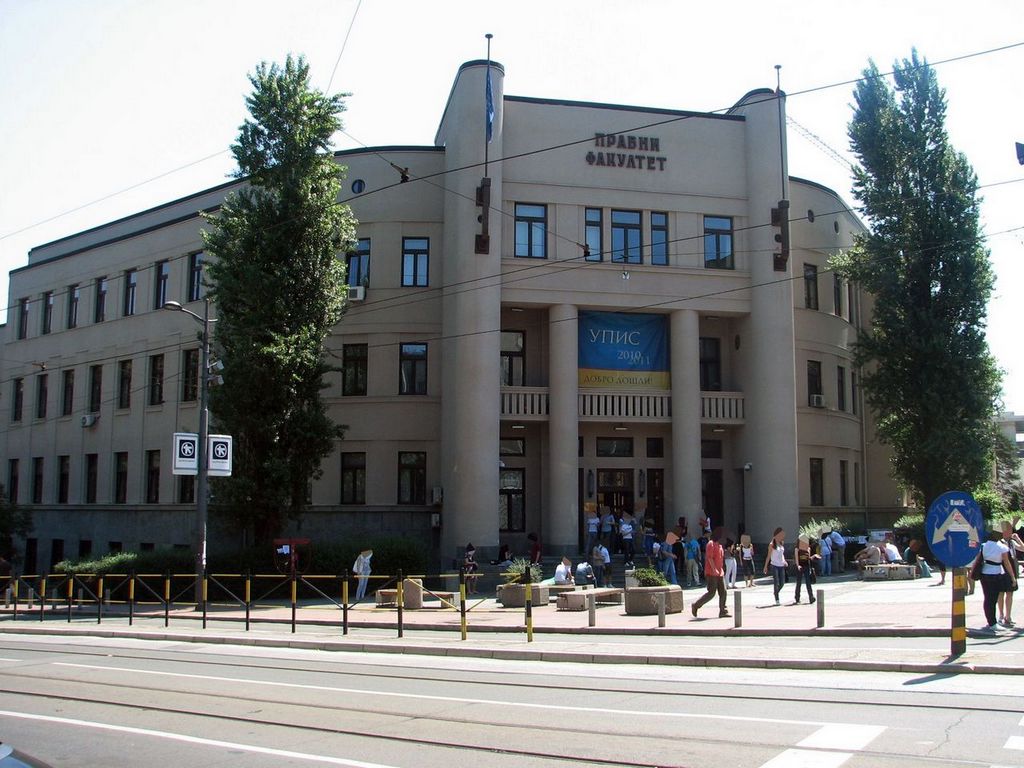Marking the 60th anniversary of Alan Turing’s death, the CPN organized a panel, at the ending of ”May,Month of Mathematics”, on Saturday, May 31. [:]

CPN marked the 60th anniversary of death of a brilliant mathematician, cryptanalyst, and a computer science theoretician Alan Turing, by organizing a panel ”Turing, 60 years later”. It was held on May 31, at 7pm, at CPN’s Science Club, Knez Mihailova Street 5.
The speakers on the panel were: Milan Božić, Faculty of Mathematics, Ana Ješić, from Heliks Publisher, and Dušan Miljković, on behalf of the ”Queer Studies Center”. The moderator of the panel was Slobodan Bubnjević, CPN.


Alan Turing was the creator of Turing Machine, an imaginary ”device” designed for symbol manipulation, which helped him solve one of the biggest problems of the 20th century math, the Halting Problem. Later on was proven it can even simulate the logic of any computer.
Moreover, he is the author of the Turing’s test concept, which could determine whether a machine can show intelligence. During WWII, Turing played a major role in deciphering German messages.
CPN reminded everybody of the importance of the concept that Alan Turing worked on passionately, so they organized a panel, marking his death, where they gathered eminent mathematicians and experts that are familiar with this genius’ work.


The attendants discussed Turing’s legacy, his significance in the field of mathematics during the 20th century and his contribution to algorithm development, but they also discussed the first steps that were made in the area of artificial intelligence research. The speakers especially focused on his influence on culture, as well as his relations with his contemporaries, such as Russell and Wittgenstein.
However, the important segment of the conversation was the tragic ending of Turing’s life. Alan Turing committed suicide in 1954; only two years after he was accused of gross indecency for admitting he had been romantically involved with another man.
At that time, homosexuality was a criminal offense in Great Britain, and the pardon and a public apology that he had been given by the Prime minister of Great Britain, almost 60 years after his death, have been engraved at his parents’ house.

